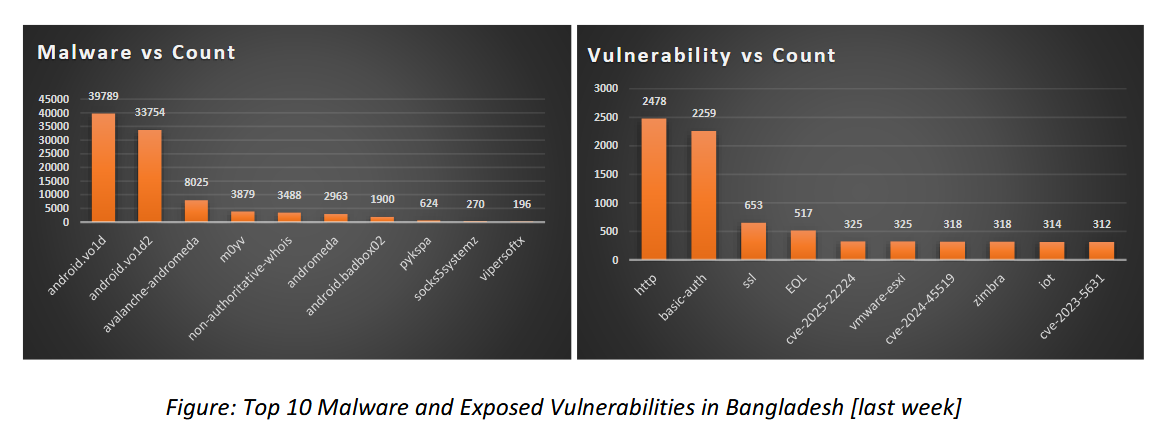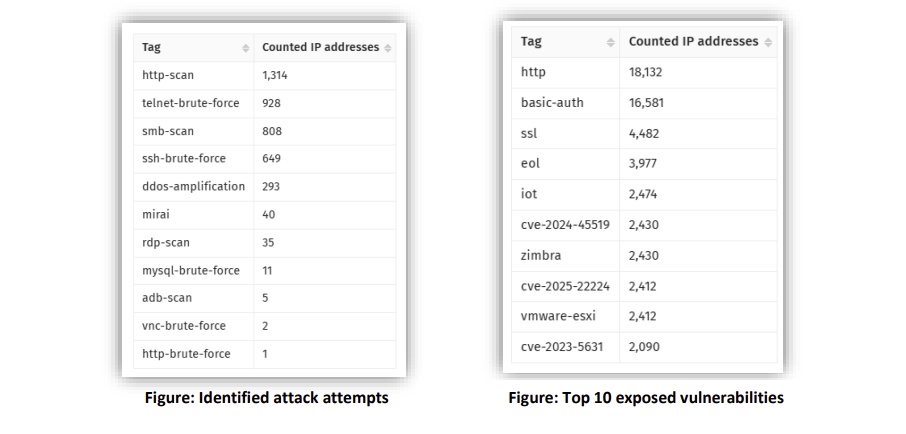Multiple Vulnerabilities in Microsoft Exchange Server Could Allow for Arbitrary Code Execution
by CIRT Team
DESCRIPTION:
Multiple vulnerabilities have been discovered in Microsoft Exchange
Server (on premises version) , the most severe of which could allow for
arbitrary code execution. Microsoft Exchange Server is a mail server
used to run and manage an organization’s email services. Successful
exploitation of the most severe of these vulnerabilities could allow an
attacker to execute arbitrary code in the context of the mail server.
Depending on the privileges associated with the application, an attacker
could view, change, or delete data. If this application has been
configured to have fewer user rights on the system, exploitation of the
most severe of these vulnerabilities could have less impact than if it
was configured with administrative rights.
IMPACT:
Multiple vulnerabilities have been discovered in Microsoft Exchange
Server, the most severe of which could allow for arbitrary code
execution. These vulnerabilities can be exploited remotely if an
attacker locates a vulnerable server. Details of the vulnerabilities are
as follows:
* A server-side request forgery (SSRF) vulnerability in Exchange which
allows the attacker to send arbitrary HTTP requests and authenticate as
the Exchange server. [CVE-2021-26855]
* An insecure deserialization vulnerability in the Unified Messaging
service. Insecure deserialization is where untrusted user-controllable
data is deserialized by a program. Exploiting this vulnerability gives
an the ability to run code as SYSTEM on the Exchange server. This
requires administrator permission or another vulnerability to exploit.
[CVE-2021-26857]
* A post-authentication arbitrary file write vulnerability in Exchange.
If an attacker could authenticate with the Exchange server then they
could use this vulnerability to write a file to any path on the server.
They could authenticate by exploiting the CVE-2021-26855 SSRF
vulnerability or by compromising a legitimate admin’s credentials.
[CVE-2021-26858]
* A post-authentication arbitrary file write vulnerability in Exchange.
If an attacker could authenticate with the Exchange server then they
could use this vulnerability to write a file to any path on the server.
They could authenticate by exploiting the CVE-2021-26855 SSRF
vulnerability or by compromising a legitimate admin’s credentials.
[CVE-2021-27065]
Successful exploitation of the most severe of these vulnerabilities
could allow an attacker to execute arbitrary code in the context of the
mail server. Depending on the privileges associated with the
application, an attacker could view, change, or delete data. If this
application has been configured to have fewer user rights on the system,
exploitation of the most severe of these vulnerabilities could have less
impact than if it was configured with administrative rights.
SYSTEM AFFECTED:
* Microsoft Exchange Server 2010 RU31 for Service Pack 3
* Microsoft Exchange Server 2013 CU 23
* Microsoft Exchange Server 2016 CU 18, CU 19
* Microsoft Exchange Server 2019 CU 7, CU 8
RECOMMENDATIONS:
We recommend the following actions be taken:
* Apply the stable channel update provided by Microsoft to vulnerable
systems immediately after appropriate testing.
* Run all software as a non-privileged user (one without administrative
privileges) to diminish the effects of a successful attack.
* Remind users not to visit un-trusted websites or follow links provided
by unknown or un-trusted sources.
* Inform and educate users regarding the threats posed by hypertext
links contained in emails or attachments especially from un-trusted sources.
* Apply the Principle of Least Privilege to all systems and services.
REFERENCES:
https://www.microsoft.com/security/blog/2021/03/02/hafnium-targeting-exchange-servers/
https://msrc-blog.microsoft.com/2021/03/02/multiple-security-updates-released-for-exchange-server/
https://cve.mitre.org/cgi-bin/cvename.cgi?name=CVE-2021-26855
https://cve.mitre.org/cgi-bin/cvename.cgi?name=CVE-2021-26857
https://cve.mitre.org/cgi-bin/cvename.cgi?name=CVE-2021-26858
https://cve.mitre.org/cgi-bin/cvename.cgi?name=CVE-2021-27065











